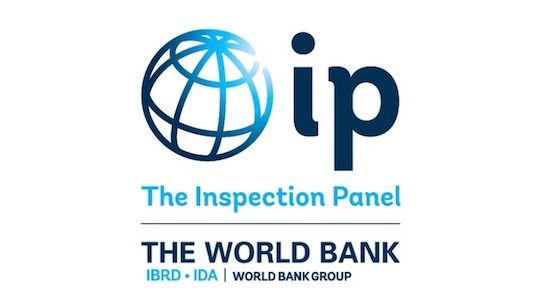World Bank Inspection Panel “Toolkit” Comments Open

The World Bank Board of Directors is accepting public comments from now until September 30th about potential changes to the functions of the Inspection Panel. The Panel was the first independent accountability mechanism. It was established in 1993 for people who believe that they have been, or are likely to be, adversely affected by a World Bank-funded project. Whereas the dozens of similar mechanisms created after the Panel also offer dispute resolution services, the Panel does not. It’s key tool is compliance investigation. Accountability Counsel has supported communities in their complaints to the Inspection Panel in Papua New Guinea, Nepal, and Haiti. Our policy advocacy has focused on a range of issues pertaining to the Panel over the past decade.
The public notice from the Board states:
Appreciative of the Inspection Panel’s role, a Working Group of the World Bank Board’s Committee on Development Effectiveness (CODE) is engaged in a review of the Inspection Panel’s Toolkit to determine whether it should be revised to enhance the Panel’s effectiveness. The review will be informed by a 2018 external qualitative assessment of the IPN toolkit, as well as by feedback from a variety of stakeholders, including civil society organizations.
As part of this review, the Working Group welcomes your views on specific potential additional roles for the IPN and how the IPN compares with other mechanisms, with a focus on the following: (i) offering advisory services; (ii) “monitoring” action plans; (iii) problem solving/dispute resolution; (iv) the cutoff date for filing complaints (time limit eligibility); and (v) communication with requesters. The Working group is also (vi) assessing the extension of Panel case eligibility to Bank-Executed Trust Funds (BETFs) and (vii) determining whether accountability gaps may exist in the context of Bank co-financing operations as a result of differences between the respective institutions’ accountability mechanisms and would welcome your views on these questions.
Accountability Counsel and colleagues will be submitting comments to the Bank’s Board and we encourage others to submit comments via email through the link on the public notice.

